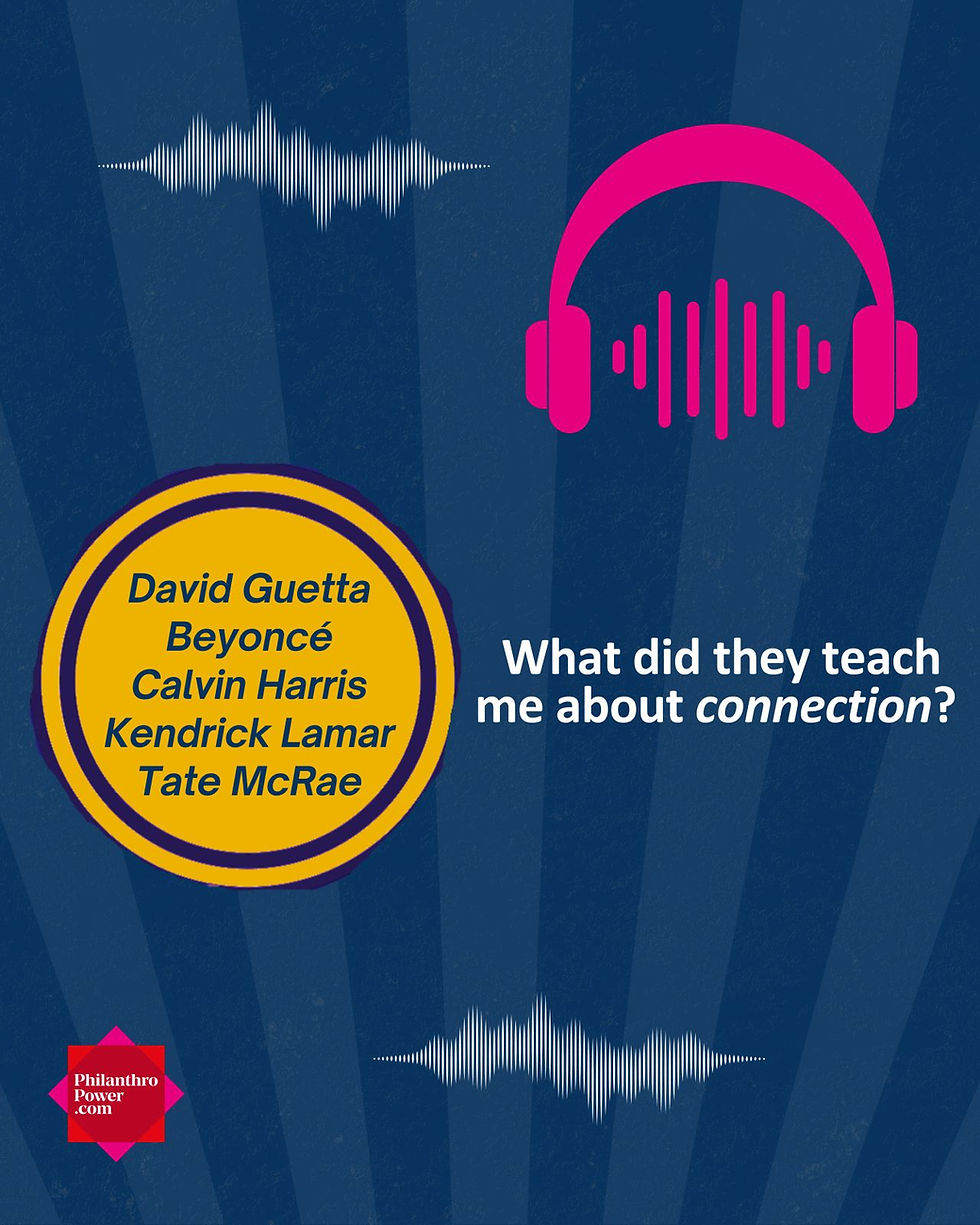A Growth Mindset may be Philanthropy’s Greatest Asset today
- joy10727
- Sep 29
- 2 min read

After years of conversations with philanthropists, I noticed one difference that consistently stood out: their mindset, specifically, a growth mindset. But what role does a growth mindset play in building transformational partnerships?
Dr Carol Dweck’s influential book, Mindset, powerfully unpacks the core difference between a fixed and a growth mindset and why it matters. A fixed mindset believes ability is static, “either you’ve got it or you don’t." In contrast, a growth mindset sees potential as something to be developed through effort, feedback, curiosity, and learning. It should not be confused with naive optimism. It is a commitment to progress even in the face of complexity and a willingness to ask, listen, adapt, and grow.
One moment that really brings this to life is a conversation I had with a philanthropist who approached their giving with a growth mindset. As she explored a cause close to her heart, she didn't lead with solutions. She led with questions: Could you help me understand the challenges this community faces? Which systems are broken, and why? What would a real opportunity look like here? What can we build and change together?
And what followed was far more potent than a grant. The conversation sparked a transformational partnership, one built on mutual learning, shared risk, deep collaboration, and lasting trust.
Over time, I began to notice common traits among philanthropists who approach their work with a growth mindset. They tend to:
• Ask better, more profound questions
• Stay curious about what they don’t know
• See failure as feedback and not a setback
• Create space for co-creation
• Focus on transformation
These qualities don't just improve their giving. They transform their conversations and partnerships.
Why is a growth mindset needed today?
With rising demands, systemic inequities, and overlapping humanitarian, climate, and political crises, philanthropy is under immense pressure. Many funders are feeling overwhelmed. I believe this is precisely when a growth mindset is exactly what we need today. It enables us to move beyond our comfort zones, embrace uncertainty, and explore new ways to create meaningful impact. It can shift how challenges are perceived, turning them into opportunities for innovation and collaboration, rather than viewing them as insurmountable obstacles.
As Dr Carol Dweck writes: “People in a growth mindset don’t just seek challenge; they thrive on it. The bigger the challenge, the more they stretch.”
What might be possible if more of us intentionally adopted a growth mindset? In my experience, I have found it to be a leadership stance that deepens trust, strengthens partnerships, and drives transformational change. If this resonates with you, I would love to hear from you.




Comments